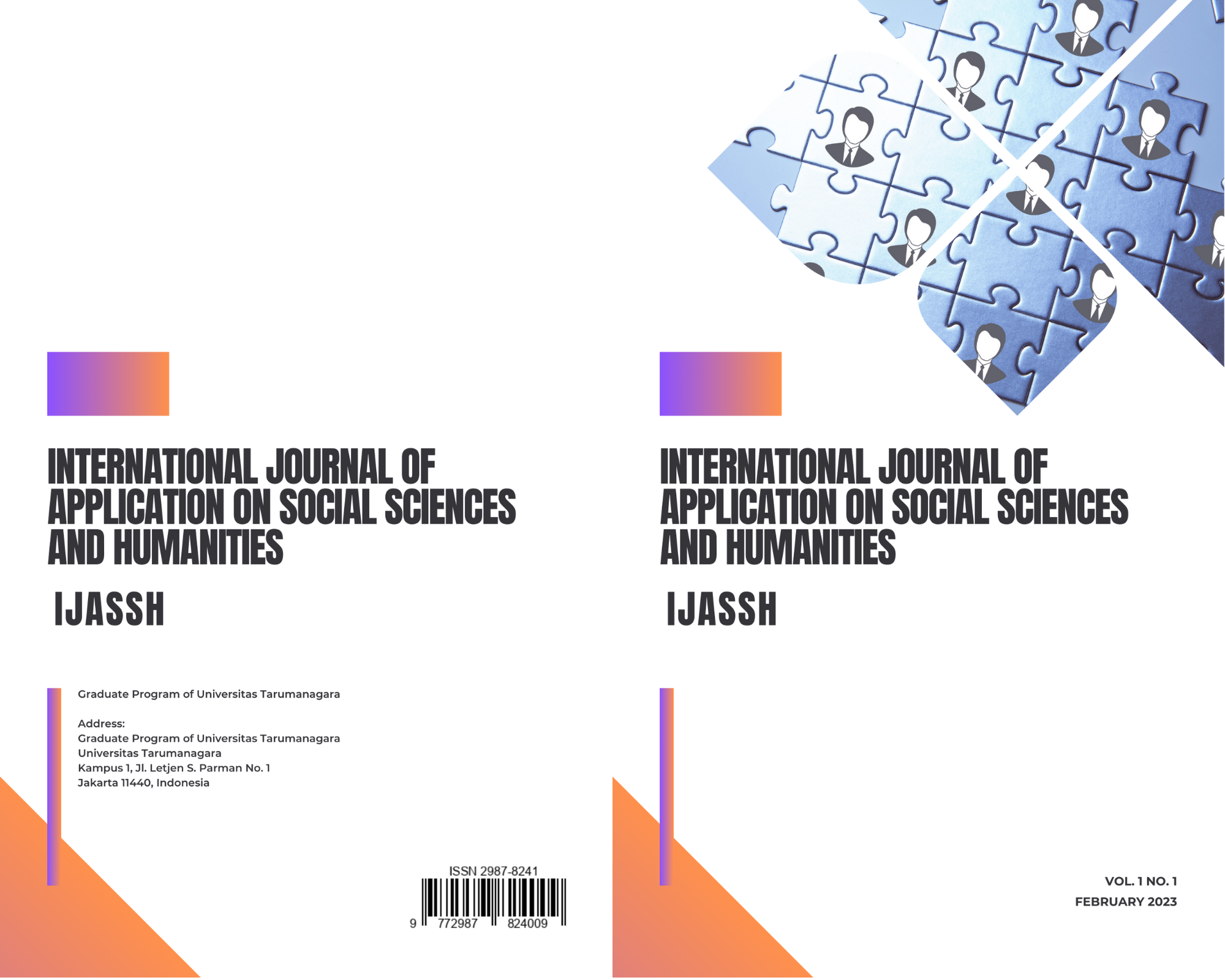ETHICAL FOUNDATIONS OF ECOLOGICAL BEHAVIOR
Main Article Content
Abstract
The problem of environmental pollution that occurs today cannot be separated from human behavior in dealing with the natural (ecological) environment. In environmental ethics theory, there are three main streams that underlie human ecological behavior, namely human-centered behavior (anthropocentrism), centered on living things (biocentrism) and environment-centered (ecocentrism). Anthropocentrism holds that human interests are the highest in relation to the universe. While biocentrism views humans as part of living things and have interdependence with each other. So nature has value in itself. Meanwhile, ecocentrism places the entire ecological community as the center of ethics. In the view of ecocentrism all living and non-living things are related to each other. By using descriptive qualitative methods through the literature (library) will be explored what arguments underlie each of these streams and their impact on human behavior on the environment. Then see what are the weaknesses of each stream and the efforts that must be made to improve human ecological behavior in the future.
Article Details
Section

This work is licensed under a Creative Commons Attribution-NonCommercial-ShareAlike 4.0 International License.
References
A. Kollmus & J. Agyeman, “Mind the gap: why do people act environmentally and what are the barriers to pro-environmental behavior?” Environmental Education Research, 8 (3) (2002), 240-260.
A. Light & H. Rolston, Environmental Ethics An Anthology. Blackwell Publishing, Oxford, 2003.
A.S. Keraf, Etika Lingkungan Hidup. Jakarta: Penerbit Buku Kompas, 2010.
B. Alagoz & O.Akman, Enthropocentric or Ecocentric Environmentalism? Views for University Students, Higher Education Studies, Vol 6, No.4, 016, 34-53. http://dx.doi.org/10.5539/hes.v6n4p34
D.F.Putra, Faktor yang mempengaruhi perilaku peduli lingkungan masyarakat pesisir, Jurnal Pendidikan dan Ilmu Geografi, 2 (1) (2017), 117-126.
E. Cuadrado et al., The moderating effect of collective efficacy on the relationship between environmental values and ecological behaviors, Environment, Development and Sustainability (2022) 24:4175-4202.
F.G. Kaiser & U. Fuhrer, Ecological behavior’s dependency on different forms of knowledge. Applied Psychology, 52 (4) (2003), 598-613. https://doi.org/10.1111/1464-0597.00153.
F.G.Kaiser, M. Ranney, T. Hartig & P.A. Bowler, Ecological Behavior, Environmental Attitude, and Feelings of Responsbility for the Environment, European Psychologist, 4 (2) (1999), 59-74. https://doi.org/10.1027//1016-9040.4.2.59.
H. Kopnina et al., Anthropocentrism: More than just a misunderstood, J Agric Environ Ethics (2018) 31:109-127 https://doi.org/10.1007/s10806-018-9711-1
I. Ginting, Teori Etika Lingkungan, Denpasar: Udayana University Press, 2012.
K. O’Brien, Global environmental change III Closing the gap between knowledge and action, Progress in Human Geography, 37 (4) (2013), 587-596.
L. Scannell & R. Gifford, The relations between natural and civic place attachment and pro- environmental behavior. Journal of Environmental Psychology, 30 (3) (2011), 289-297.
M. Ambarfebrianti & A. Novianty, Hubungan Orientasi Nilai terhadap Perilaku Pro- Lingkungan Remaja, Jurnal Ecopsy, 8 (2) (2021), 149-64. Doi: 10.20527/ecopsy.2021.09.015
N. Firdausi, Ekosistem & Ekologi. Deepublish, 2018.
S.M. Geiger, S. Otto & U.Schrader, Mindfully green and healthy: an indirect path from mindfulness to ecological behavior. Frontiers in Psychology, 8 (2306) (2018), 1-11. https://doi.org/10.3389/fpsyg.2017.02306
S.M.Geiger, S. Otto, & U. Schrader, Mindfully green and healthy: an indirect path from mindfulness to ecological behavior. Frontiers in Psychology, 8 (2306) (2018), 1-11. https://doi.org/10.3389/fpsyg.2017.02306

